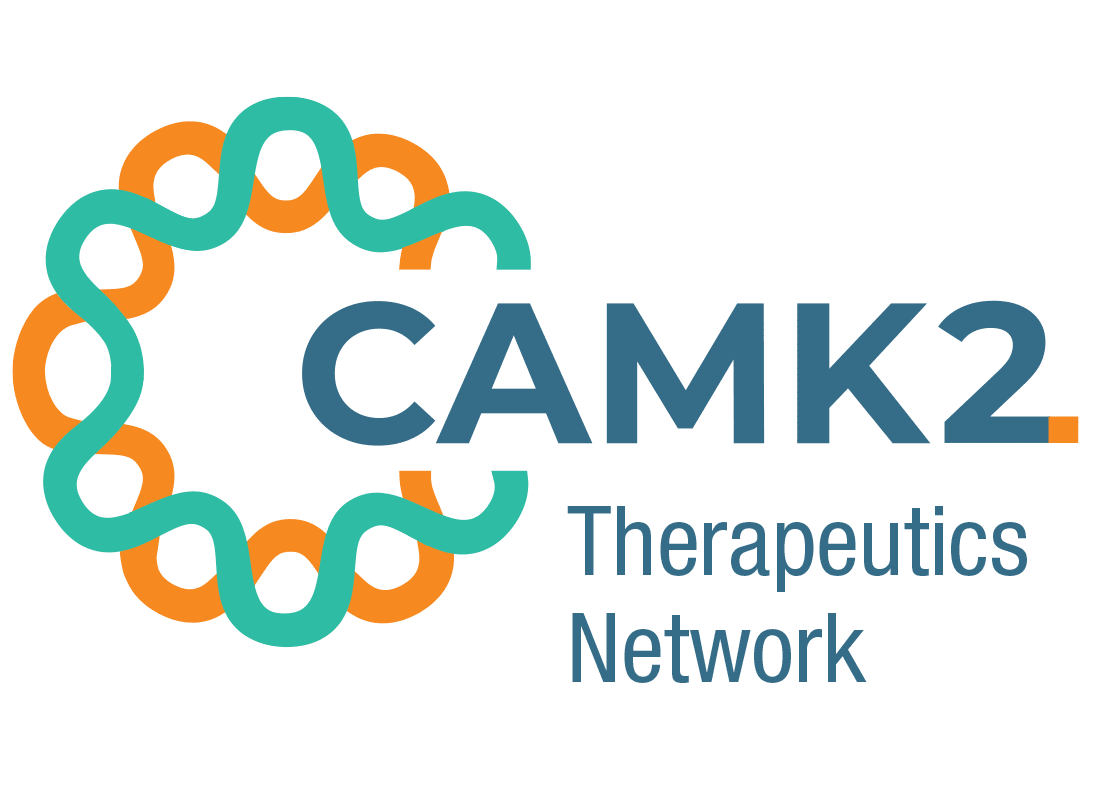Parent Board
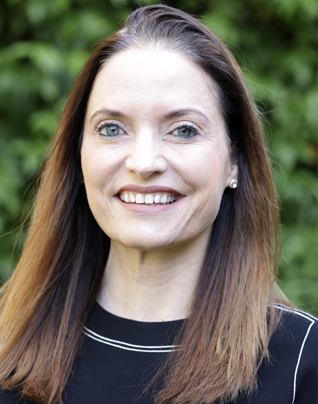
Bonnie Dwyer, M.D., Executive Director, lives in the San Francisco Bay Area and is the mother of Alexandra, a 18-year-old with a CAMK2B mutation, and Zachary, a neurotypical 11-year-old. One of the founding members of CAMK2 Therapeutics Network and a CAMK2 activist, Bonnie is a maternal fetal medicine physician board certified in internal medicine, OB/GYN, and maternal fetal medicine. Her husband, Ian Carroll, M.D., is a pillar of support to Alexandra, who would not be as happy and healthy as she is today without his infinite love, constant attention to her well-being, and daily patience and humor.
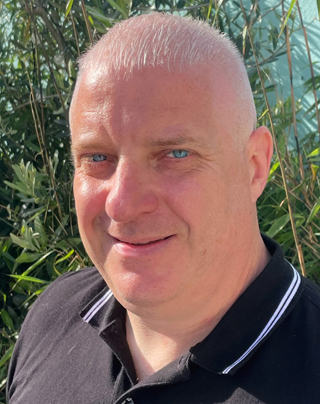
Neville Ross lives in Dublin, Ireland, with his wife, Christine, and their children Caoimhe, 17, who has a mutation on the CAMK2B gene, and 18-year-old Shannon, who is neurotypical. Christine is Caoimhe’s full-time caregiver. Nev, a founding member of CAMK2 Therapeutics Network, had an essential role in building the relationship with the ENCORE CAMK2 Center of Expertise in Rotterdam and organized the first global CAMK2 gathering in the Netherlands in 2019. A professional software engineer, he is vice president of engineering for a large multinational corporation.
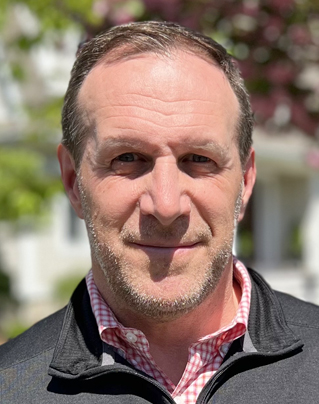
Matt Gibbs lives north of Boston, Mass., with his wife, Pam, and their children Lana, 12, who has a mutation on the CAMK2B gene, and 14-year-old Tucker, who is neurotypical. Lana’s CAMK2B variant was identified in 2016 using whole-exome sequencing, one of the first times worldwide that the technology was used to identify the disorder. Pam and Matt have been advocating for Lana since that day. Matt, a founding member of CAMK2 Therapeutics Network, focuses his efforts on building connections with parents, family members, researchers and clinicians. He is a sales professional enabling technology solutions for corporations and nonprofits throughout the United States.

Inês Bastos lives in Setúbal, Portugal, with her husband, Hugo, and their children, Teresa, a 7-year-old girl with a CAMK2A mutation, and Afonso, a neurotypical 5-year-old boy. Inês is a social worker who believes in people’s ability to positively influence the goal of leaving no one behind. A specialist in social innovation, diversity and inclusion and development studies, Inês also is an activist by heart and soul. She advocates for CAMK2 Therapeutics Network’s mission, treasuring her role as part of the parent team. She invites other families to share their stories and photos in her newsletter.
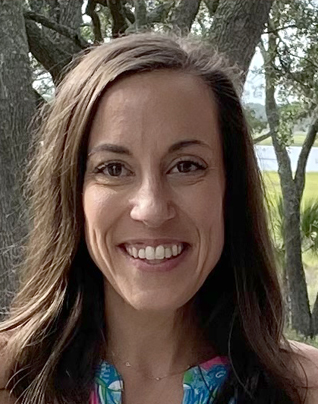
Sarah Pace lives in the Dallas-Fort Worth area of Texas with her husband Tom and their daughters, Emma, 3, with a CAMK2B mutation, and Hannah, a neuro-typical 5-year-old. Emma was diagnosed early in her life at only 11 months old, and since then has been fully involved in the community. As a professional engineer and natural problem solver, Sarah remains focused on advocating for solutions to help children diagnosed with CAMK2 disorders. She is passionate about guiding the community and building on the foundational work that has been accomplished thus far.
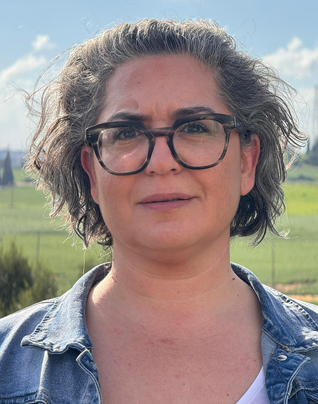
Liat Vaknin-Nisan lives east of Tel Aviv, Israel, with her husband, Tzadok, and their two children, Tahel, 12, who has a mutation on the CAMK2B gene, and 15-year-old Ilay, who is neurotypical. Liat is a former lawyer and mediator turned caregiver and activist. During Tahel’s early years, Liat found herself in an unknown territory, dedicating herself to caring and learning her child’s unique challenges and needs. Enthusiastic and optimistic by nature, Liat rewrote the narrative, becoming a passionate speaker and activist, advocating for families and children with special needs, and taking an active role in the CAMK2 parent board.
Scientific Advisory Board
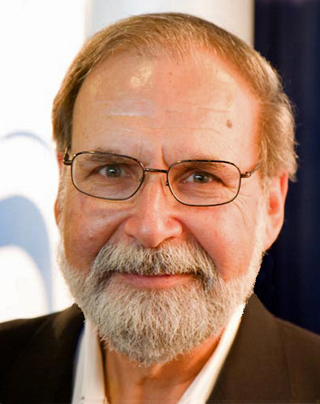
Dr. Howard Schulman, Ph.D., the “Father of CAMKII,” co-discovered the kinase activity now referred to as CAMKII with Nobel Laureate Paul Greegard. A major contributor and thought leader in understanding how CAMKII transmits information from neurotransmitters and calcium-linked hormones, and the role of cytokines in brain, heart and endocrine systems, he was a key contributor to identifying how various mutations alter CAMKII’s activity. At Stanford University School of Medicine he was professor of Neurobiology and of Pharmacology, and chair of the Department of Neurobiology. He also co-founded and was CEO of a biotechnology company developing inhibitors of CaMKII, and served as a reviewer of grant applications for NIH, Michael J Fox Foundation and several international granting agencies.
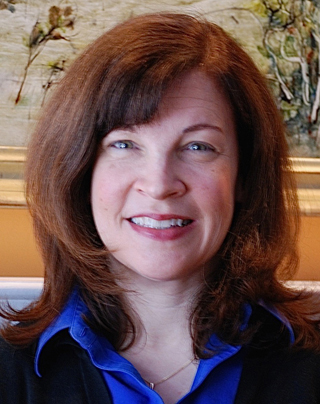
Dr. Jan Brunstrom, M.D., a pediatric neurologist, owns and directs 1 CP Place PLLC, a Plano, Texas, clinic for children with cerebral palsy and similar motor disorders. A wife and mother who herself has cerebral palsy, she is a steering committee member of the international Multidisciplinary Prevention and Cure Team for Cerebral Palsy and a member of the Scientific Advisory Committee for the Cerebral Palsy Foundation in New York. Before moving to Texas, she was founding director of the Pediatric Neurology Cerebral Palsy Center at Washington University School of Medicine and medical director of the Carol and Paul Hatfield Sports and Rehabilitation Program at St. Louis Children’s Hospital. A graduate of the Medical College of Virginia at Virginia Commonwealth University in Richmond, Virginia, she completed her pediatric neurology training at St. Louis Children’s Hospital.
For appointments, contact (469) 331-0030
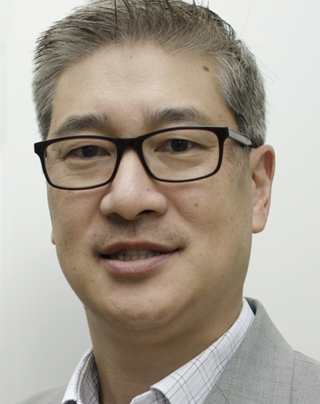
Dr. Kiki Chang, M.D., is a child, adolescent and adult psychiatrist in private practice in Palo Alto. Formerly on the faculty of the Stanford University School of Medicine, Division of Child Psychiatry, he directed the Pediatric Bipolar Disorders Clinic and Research Program, specializing in pediatric psychopharmacology and treatment of depression and bipolar disorder. His research includes brain imaging, genetics, and medication and psychotherapy trials designed to identify those at highest risk for bipolar disorder and methods to intervene to prevent its onset. Dr. Chang also co-founded the Stanford Pediatric Acute-Onset Neuropsychiatric Syndrome (PANS) Clinic and Research Program at the Lucille Packard Children’s Hospital at Stanford. A graduate of Princeton University, he received his M.D. from the Tufts University School of Medicine, completed his general psychiatry residency at the University of Cincinnati and his child psychiatry fellowship and a postdoctoral research fellowship at Stanford University.
For appointments, contact (650) 503-4217. http://kikichangmd.com
Scientific Partners
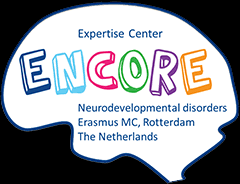
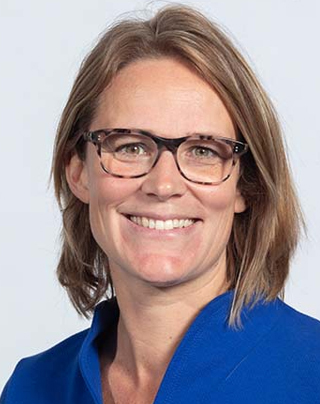
Dr. Danielle Veenma, M.D., Ph.D.
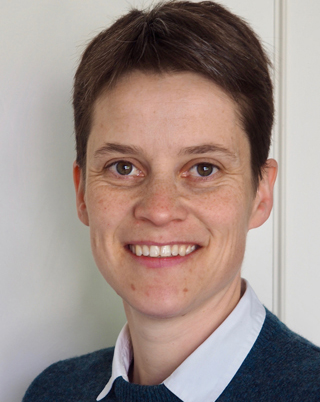
Dr. Geeske van Woerden, Ph.D.
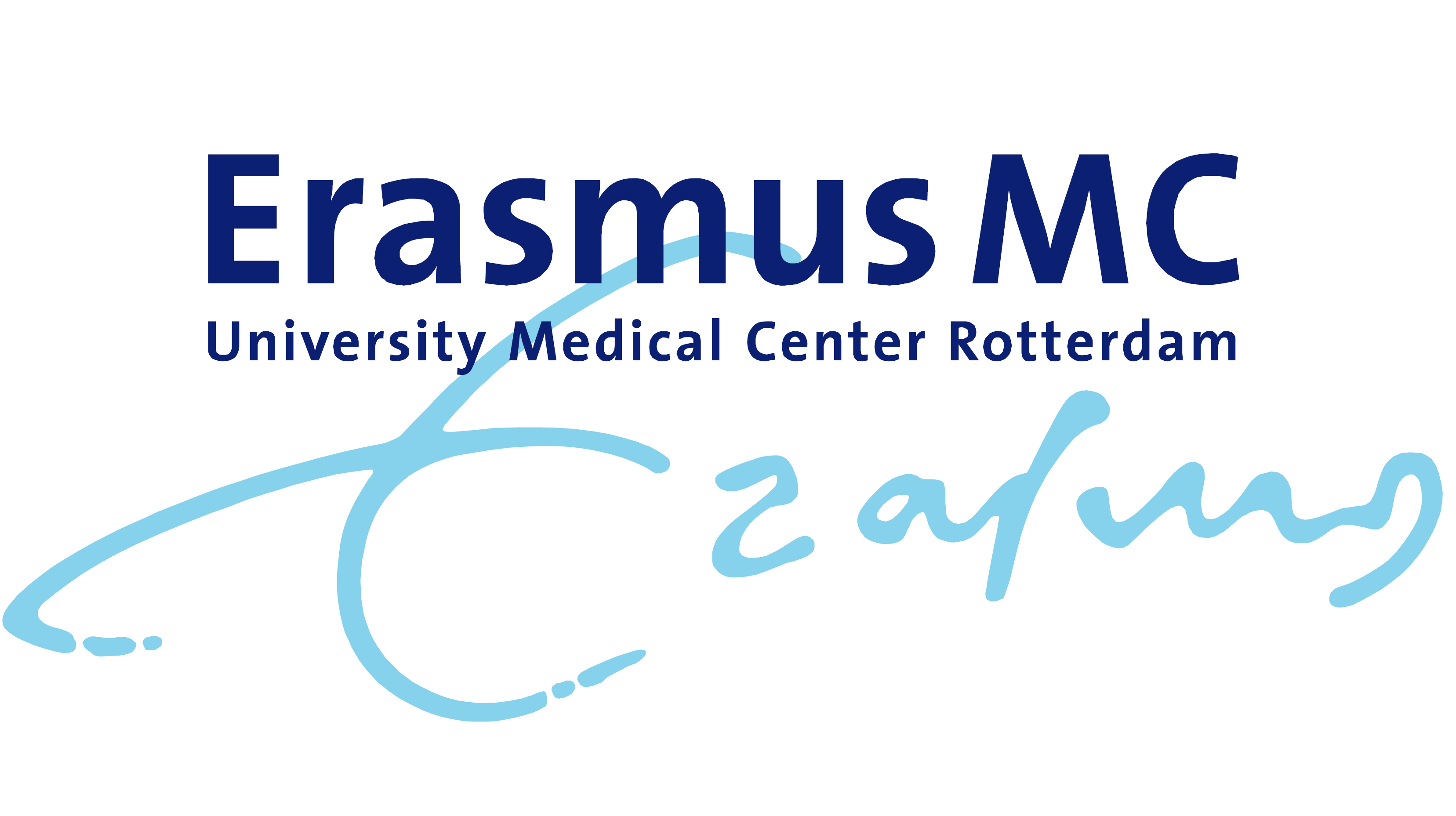
ENCORE CAMK2 Center of Expertise, Erasmus Medical Center, Rotterdam, Netherlands, is multidisciplinary program composed of researchers and medical specialists working to directly translate information learned in the laboratory into therapies for affected individuals. The Center has developed a CAMK2 Care pathway designed to support parents and help practitioners deliver the highest-quality medical treatment of the disorder.
Founded in 2010, the ENCORE program is world-renowned for its work with Angelman Syndrome, has published one of the largest studies of the syndrome in children and adults and has begun clinical trials for treatment. The ENCORE CAMK2 Center will use lessons learned from the Angelman Syndrome branch and apply them directly to CAMK2 gene-related illness.
Dr. Danielle Veenma, M.D., Ph.D., a genetics and complex care pediatrician, and Dr. Geeske van Woerden, Ph.D., lab head of the Center’s Department of Neuroscience, lead ENCORE’s CAMK2 program. They have close ties to our Network, and together we have sponsored three annual international meetings for scientists and families.
Dr. Veenma spearheads the CAMK2 Natural History Study, a physician-powered registry that collects genotype and phenotype information. She also is developing a biobank. Dr. van Woerden is developing patient-specific assays, back-engineered from stem cells in a patient’s blood, to study how that patient’s mutation alters CAMK2 activity and to test the effectiveness of potential drugs.
In addition to Drs. Veenma and van Woerden, the Encore CAMK2 clinical team includes Dr. MC de Wit, a pediatric neurologist, and Dr. L ten Hoopen, a child and adolescent psychiatrist.
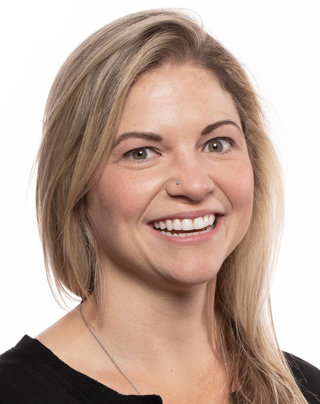
Dr. Margaret Stratton, Ph.D.
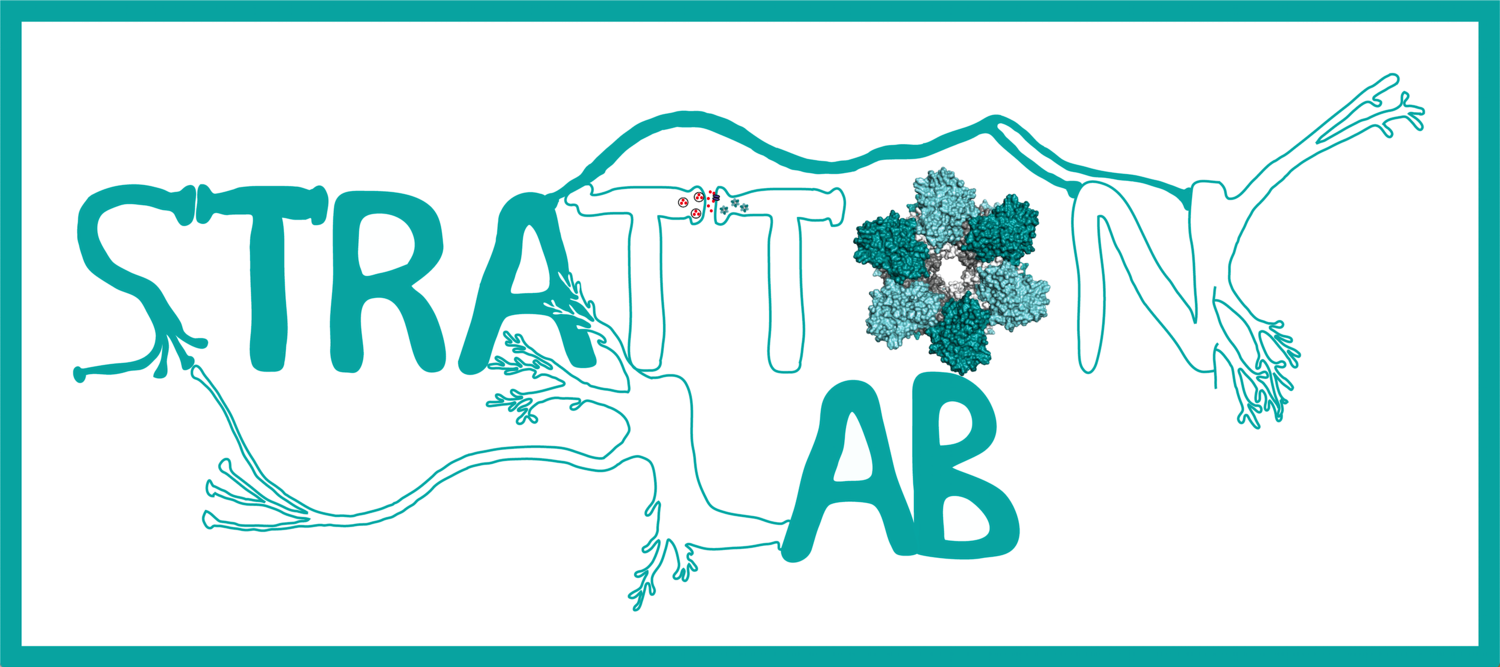
Stratton Lab Dr. Margaret Stratton, Ph.D., University of Massachusetts Amherst Department of Biochemistry and Molecular Biology, heads the lab whose goal is to understand CAMKII regulation, and other proteins, at the molecular level. Lab members use this molecular information, protein structure and regulation, for example, to study the effect of CAMKII activity on the full organism, mouse or human.
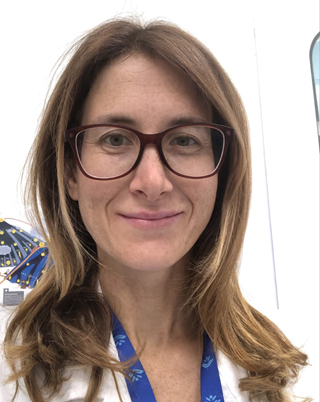
Dr. Claudia Compagnucci, Ph.D.
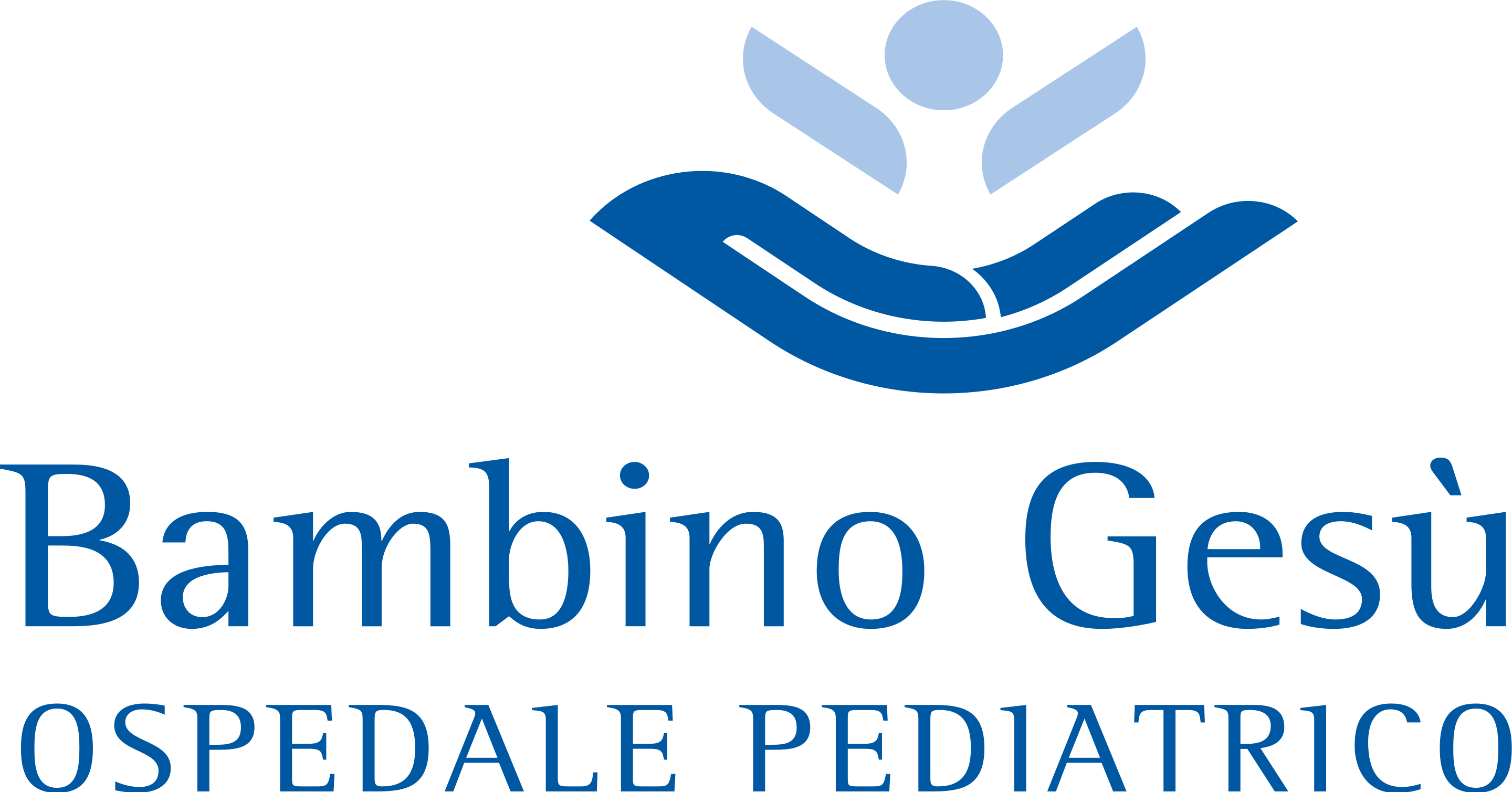
Dr. Claudia Compagnucci, Ph.D., Bambino Gesù Children’s Hospital, Unit of Molecular Genetics and Functional Genomics, is engaged in understanding the endophenotype of rare genetic disorders using patient-derived human induced pluripotent stem cells (iPSCs) as a model to obtain the cell type directly affected in the disorder of interest. The focus of her research is performing studies that have the potential to be translated into therapeutic approaches to human diseases, particularly those leading to Neurodevelopmental disorders, as those affecting individuals with CAMK2 genetic mutations.

